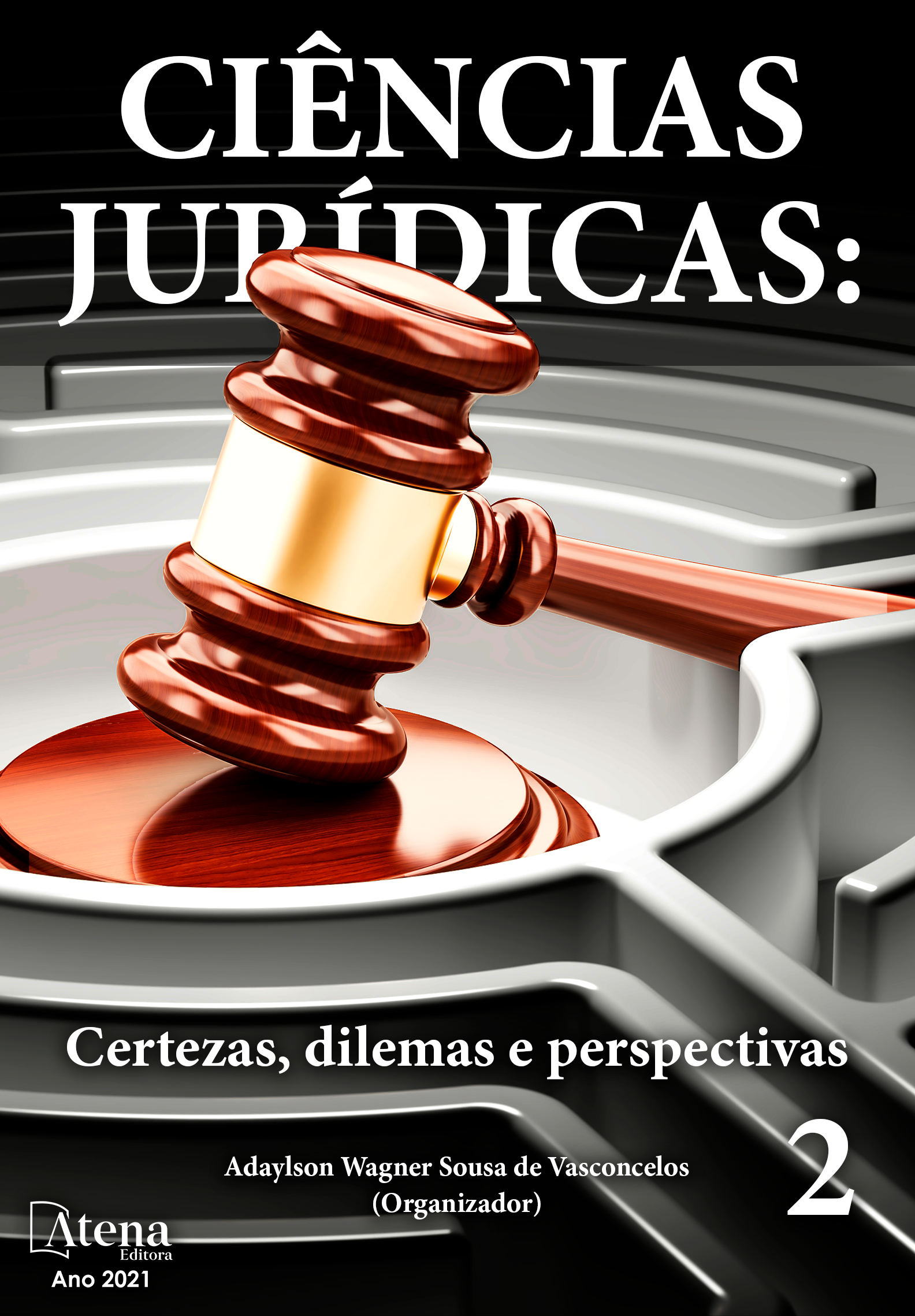
O INCIDENTE DE RESOLUÇÃO DAS DEMANDAS REPETITIVAS OPERA COMO INSTRUMENTO DE ACESSO A JUSTIÇA?
O Poder Judiciário sempre enfrentou uma crise numérica dos processos judiciais ocasionada por diversos fatores, especialmente pela instauração de uma justiça acessível a toda a população. O Código de Processo Civil de 1973 tentou buscar meios de efetivação dos direitos, mas sem sucesso, o que apenas resultou em morosidade na tramitação processual e a prolação de decisões discrepantes que fomentavam ainda mais a busca pelo judiciário. Diante desse cenário se fez necessário a criação de um ordenamento jurídico que abarcasse e solucionasse a presente celeuma. O Código de Processo Civil de 2015 trouxe diversas mudanças para o direito processual brasileiro. A mudança mais polêmica é o sistema de precedentes, em especial o Incidente de Resolução das Demandas Repetitivas (IRDR). Este instituto tem como inspiração um mecanismo previsto no direito Alemão e possui como objetivo a uniformização das decisões através do julgamento em blocos, conferindo assim isonomia processual e segurança jurídica as decisões. Ocorre que em decorrência da presença do IRDR no ordenamento jurídico brasileiro passou-se a questionar se ele operaria como um efetivo instrumento de acesso à justiça, uma vez que possui como premissa a isonomia, segurança jurídica e a celeridade processual. Após a realização de uma pesquisa bibliográfica e de um estudo comparativo entre as correntes doutrinárias, conclui-se que o IRDR não opera como um instrumento de acesso à justiça, mas sim como um mecanismo de política judiciária, pois seu objetivo central é proferir decisões, independente da qualidade das mesmas, apenas com o intuito de dirimir litígios em massa através de teses genéricas que contribuem apenas para a melhora da estatística judiciária ao invés de melhorarem a qualidade da prestação jurisdicional ofertada.
O INCIDENTE DE RESOLUÇÃO DAS DEMANDAS REPETITIVAS OPERA COMO INSTRUMENTO DE ACESSO A JUSTIÇA?
-
DOI: 10.22533/at.ed.73421221118
-
Palavras-chave: Código de Processo Civil de 2015; Incidente de resolução das demandas repetitivas; Celeridade processual; Segurança jurídica; Princípio do acesso a justiça.
-
Keywords: 2015 Civil Procedure Code; Resolution incident of repetitive demands; Procedural speed; Legal certainty; Principle of access to justice
-
Abstract:
The Judiciary always faced a numerical crisis in the judicial process caused by several factors, especially the establishment of a justice accessible to the entire population, as it ended up causing the formation of a litigious culture in our society. The 1973 Civil Procedure Code even tried to seek mechanisms to enforce the rights, but without success, which only resulted in slowness in the procedural process and the delivery of discrepant decisions that further encouraged the search for the judiciary. In view of this scenario, it was necessary to create a legal system that would cover and resolve such situations. The 2015 Code of Civil Procedure brought several changes to Brazilian procedural law. The most controversial change and the precedent system, the Repetitive Demand Resolution Incident (IRDR). This institute is inspired by a mechanism provided for in German law and aims to standardize decisions through the trial in blocks, thus conferring procedural equality and legal certainty in decisions. It happens that, due to the presence of IRDR in the Brazilian legal system, it was questioned whether it would operate as an effective instrument of access to justice, since it is based on isonomy, legal security and procedural speed. However, after conducting a bibliographic search for a thorough comparative study between the doctrinal currents, it is concluded that the IRDR does not operate as an instrument of access to justice, but rather as a mechanism of judicial policy, as its central objective is to deliver decisions, regardless of their quality, only with the intention of settling mass litigations through generic theses that contribute only to the improvement of judicial statistics instead of improving the quality of the offered judicial provision.
-
Número de páginas: 16
- Maria Caroline da Silva
- Taynara Firmo Ramos Melo


